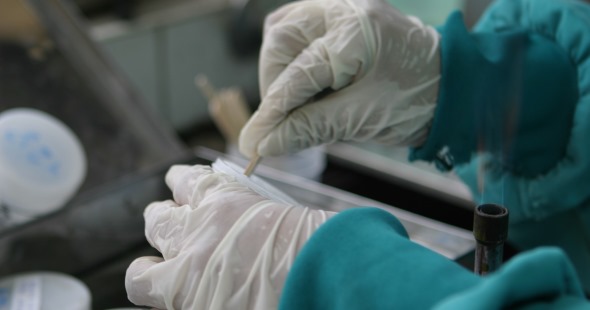Governance

FIND operates as a global health product development and delivery partnership.
Our work is guided by a Board of Directors. Our Board is the ultimate authority for all policies, organizational strategy and budget.
Our staff and Board are advised by a Scientific Advisory Committee (SAC), comprising senior scientists and experts in global health and diagnostics development. Our SAC provides advice on science and technology, assists in developing strategy, supports the scientific management process of projects, and offers expertise on issues ranging from diagnostics development to licensing.
An internal diversity, inclusion & safeguarding staff working group enables effective implementation of related policies, and is responsible for organizational measures that promote diversity and inclusion through specific recommendations to leadership and Board.
Our digital health work is conducted in accordance with the Principles for Digital Development – established guidelines designed to support the integration of established best practices into technology-enabled programmes.
We are funded by donors, including bilateral and multilateral organizations, as well as private foundations.
Intellectual property
To overcome common barriers to product availability, motivate some of the best biotechnology companies to innovate in high-tech diagnostics, and ensure affordability and access for public health sectors in low- and middle-income countries, we have adopted a segmented intellectual property (IP) policy that has been validated with industry partners. However, our approach to IP not only applies to patents, but also to copyrights, trademark, trade secrets and data rights. This approach is also is not static; as the landscape changes, our IP position is reassessed to ensure that our objectives continue to be met and potentially cutting-edge models can be executed. In general, we seek to:
- Provide freedom to operate for the development, manufacture and commercialization of diagnostic products and services for our target diseases, pathogens and populations
- Minimize costs (e.g. from royalty burdens) to maximize affordability
- Maximize freedom for others to use the outputs of our projects (including, but not limited to, data, algorithms, reagents including cell lines, software, know-how) for follow-on research.
We work with our partners to ensure that all IP rights are clearly agreed and contractually defined at the start of each project. We will not enter into projects for which it is clear that IP may pose an insurmountable barrier to research, affordability or availability in resource-poor settings.
Quick links

